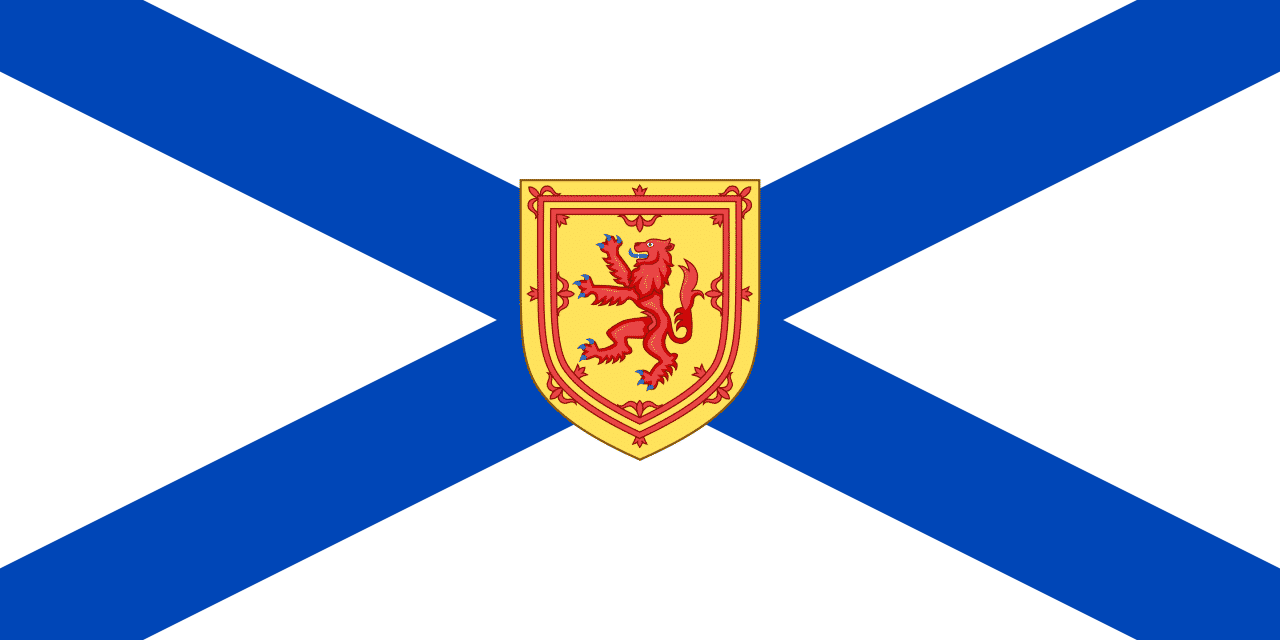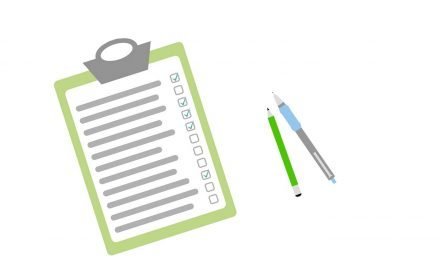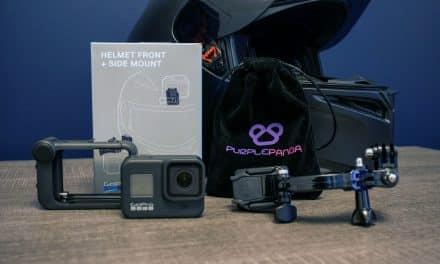Home to tremendous landscapes, wide, open roads, and virtually no traffic every day, it’s no secret that Nova Scotia is a motorcycle rider’s dream come true.
If you were to ask different riders of what they look for in any dream route or destination and put all of these suggestions together, it would most likely be the eastern Canadian province. Now, before you pack your bags and take your steed straight to Nova Scotia, there’s one more task to consider: getting your Nova Scotian motorcycle license.
Fortunately, getting your necessary permits and earning the right to legally enjoy your two wheels on open, premium Canadian roads isn’t a painstakingly difficult process—even more so if you follow this quick guide.
Who can get a motorcycle license in Nova Scotia?
There aren’t many restrictions when it comes to getting a motorcycle license in the Canadian province. Here are the basic requirements that anyone needs to procure if they want to enjoy and roam around with their two-wheeler on Nova Scotian roads:
- A separate Motorcycle Driver’s License that is issued by the Nova Scotia Registry of Motor Vehicles
- A certification or add-on to their regular Driver’s License (or an endorsement) which certifies their eligibility to operate their motorcycle
When it comes to requirements before getting the necessary permits, the outline of necessities is fairly simple. To get a Driver’s License that will make you eligible for a Nova Scotia motorcycle license or permit, you must be at least 17 years old, pass the written and vision tests, and pay a fee of $25.10 to the RMV.
A step-by-step guide
The process of getting a motorcycle license in this Canadian province is straightforward. If you follow the necessary steps and fulfill your requirements, you’ll be able to get your license in no time and start riding right away.
Step #1: Get your Learner Motorcycle License (Class LM)
The very first part of the process is to get a Class LM license, which will essentially act as a learner’s permit. You need to get a Class 7 Learner’s License from the RMV, which requires you to pass the vision and knowledge test. When you have your exam permit, you need to answer a few special questions on motorcycle rules and safety regulations, alongside a Balance Test that goes over the basics of riding a motorcycle.
Once you’ve gone through the necessary requirements (or manage to take an approved motorcycle training course), you’ll receive your class LM license, which will make you eligible for a Class 6N permit.
Step #2: Get your Class 6N License
As the second part of the Nova Scotia graduated licensing system, the Class 6N permit application process helps prepare riders to take on more advanced skillsets, which will prepare them for practical applications. This permit has the following requirements:
- You need to have a Class LM license
- You need to pass an Advanced Skills Test, which is comprised of a road test with a motorcycle of an appropriate displacement
- You need to complete a prescribed practice period, which is technically defined as having a Class LM license for at least six months
Step #3: Get your graduation permit and fulfill your requirements
After an elapsed period with your class 6N license, you can finish your entire process and be eligible to operate any motorcycle on the road (unless you have a Class D 6N License) by getting your condition 47 license. Here are the necessary requirements you need to graduate from the license system:
- You need to have a Newly-Licensed Motorcycle Driver’s License
- You must complete a driving period of at least two years
- You must pass an approved motorcycle driver improvement program (which is inclusive of a defensive driving course)
Conclusion
Driving on the roads of Nova Scotia with your motorcycle is guaranteed to be a fulfilling experience that’s unlike any other. However, you must get the necessary licenses and permits before you do. By following this guide, you’ll be able to get your license in no time and legally enjoy the open road!
If you’re looking for guides on the best beginner bikes for 2020 or motorcycle license application processes in Canada and the US, we’ve got you covered – Check out our blog today!





